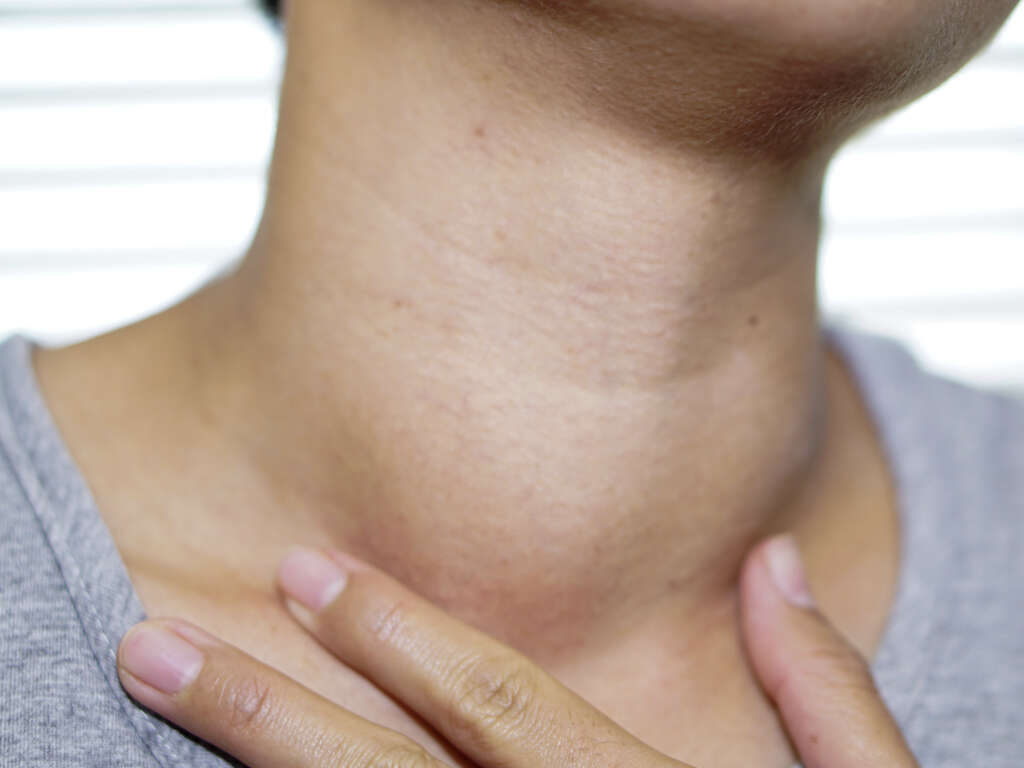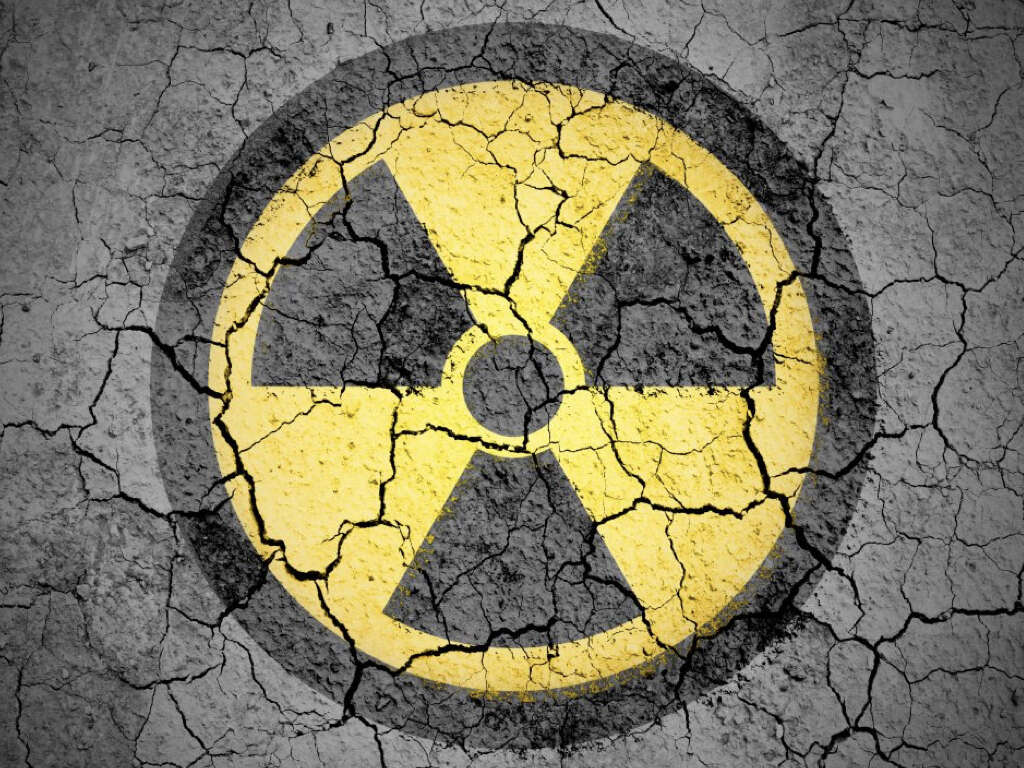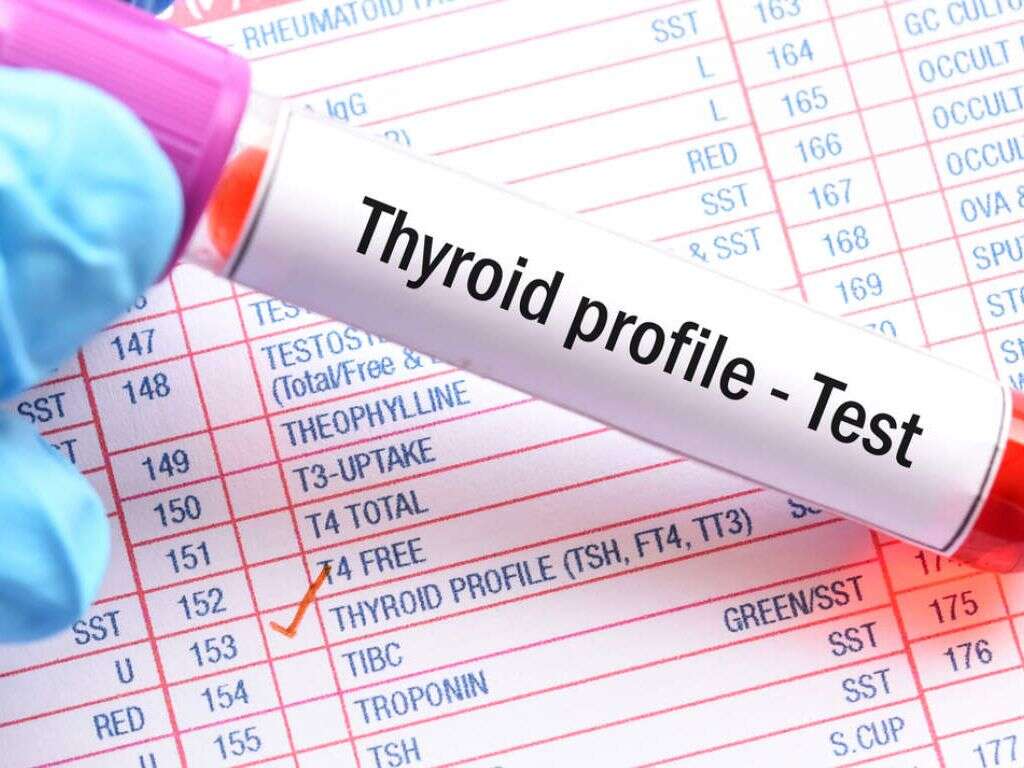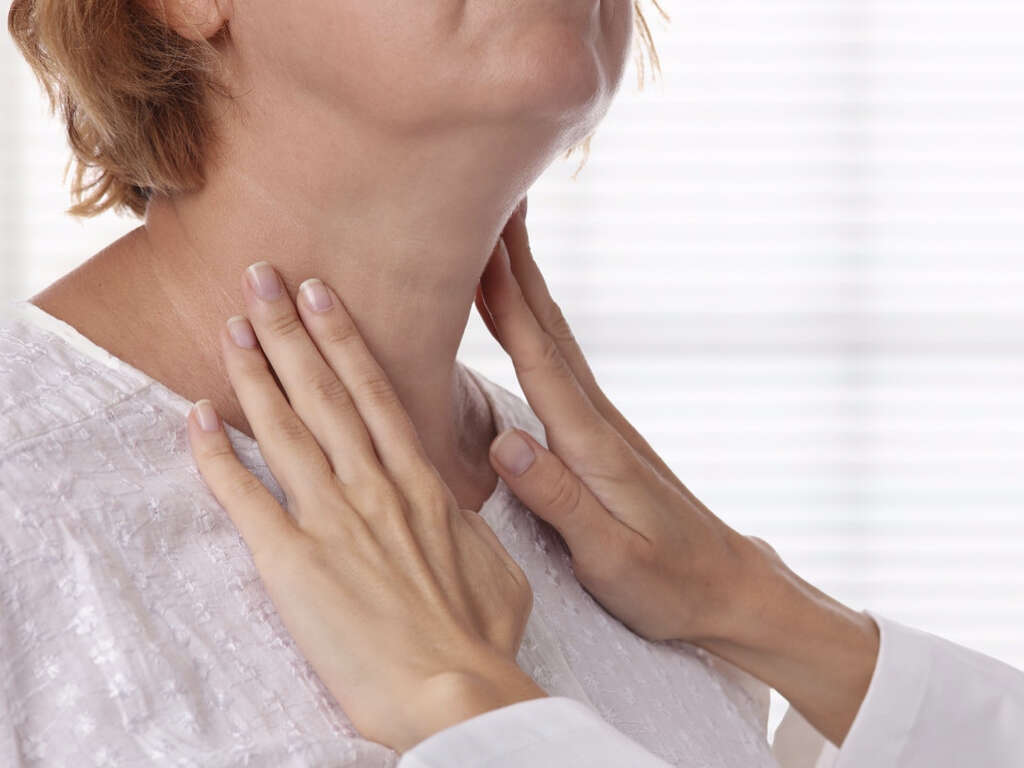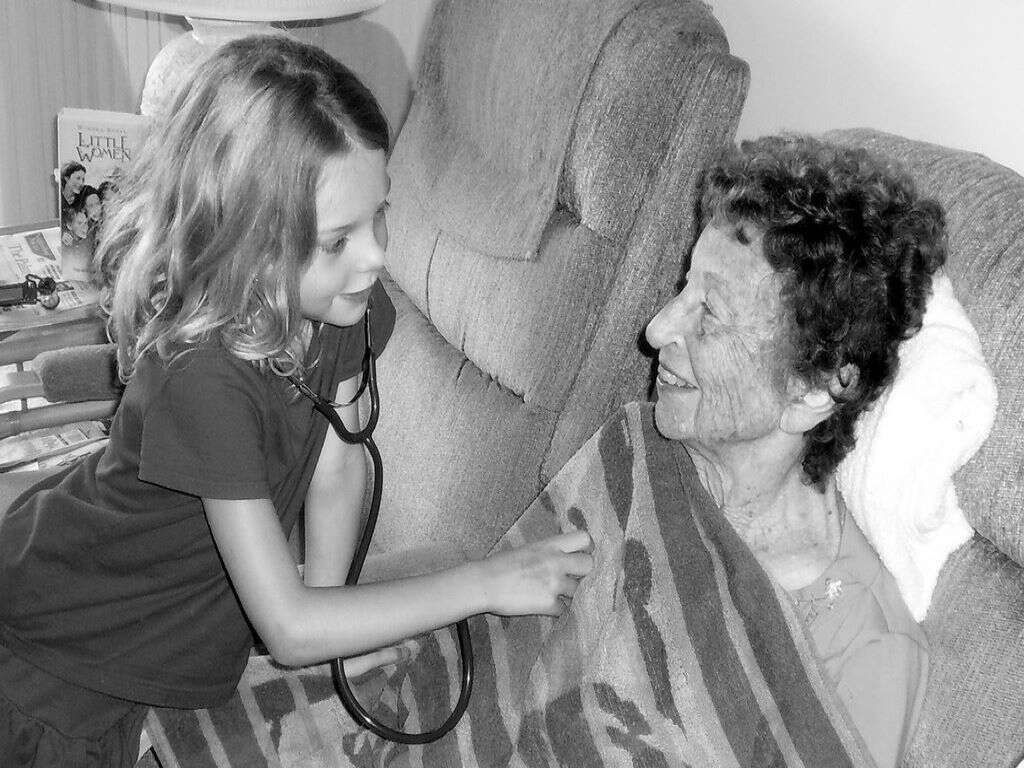10 Hypothyroidism Symptoms
Hypothyroidism develops when the thyroid gland produces less thyroid hormone than necessary. Because the levels of thyroid hormones are lower than they should, the entire metabolism in the human body will be impaired. Hashimoto’s thyroiditis is the most common cause of hypothyroidism, but, radioactive iodine treatment, thyroid surgery, neck radiation therapy, certain types of medications, pregnancy, disorders of the hypothalamus, or pituitary gland disorders can lead to hypothyroidism as well.
Hypothyroidism is easily diagnosed with thyroid function tests. If the level of thyroid is lower than normal, synthetic thyroid hormone therapy is recommended. This kind of therapy is safe, effective, and simple.
Women after the age of 60 years old are more likely to develop hypothyroidism, even though it can affect men as well. Common hypothyroidism symptoms are:
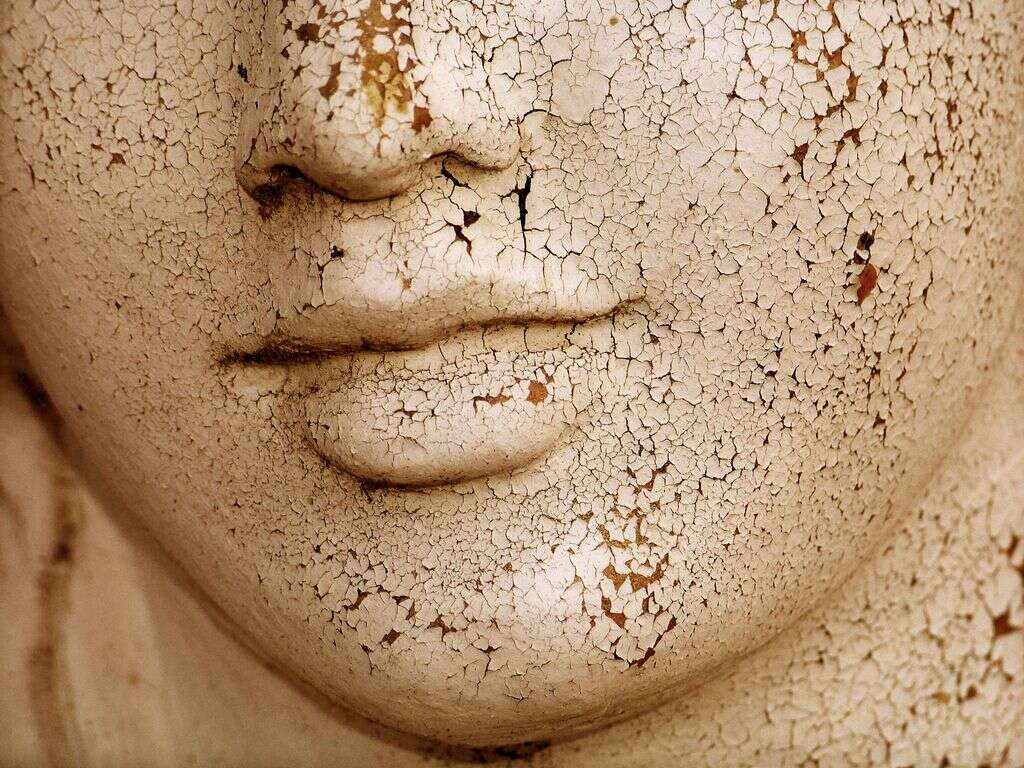
Symptom #1: Fatigue
Fatigue and a lack of energy are the first symptoms that a person with hypothyroidism will develop. However, often these symptoms are not taken seriously and it will take weeks and months before hypothyroidism is diagnosed, not until other more serious symptoms become noticeable.
Thyroid hormones have a great impact on the metabolism and other hormones. Because of a slower metabolism and impaired functioning of other hormones, a lack of energy and fatigue usually develop.

Symptom #2: Muscle Cramps and Pain
Muscle cramps and pain may be symptoms that many patients are not aware that are related to hypothyroidism. Everyone feels weak every now and then, but if you recently started feeling less energetic, weak, and tired then you should check the thyroid hormonal balance, especially if this condition lasts for days or weeks and if it is accompanied by muscle cramps, aches, etc.
Because the low levels of thyroid hormones flip the normal metabolism toward catabolism, muscle cramps and pain will develop because the muscle tissue and other body tissue as well, will start to break down in order to produce the necessary energy for proper functioning.

Symptom #3: Cold Intolerance
Heat is a by-product of burning calories. In cases of hypothyroidism, because of a slower basal metabolism, a person will burn fewer calories than normal and a great part of these calories will be stored as fat, which explains the weight gain. The fewer calories you burn, less heat you will generate.
Hypothyroidism also affects the brown fat in the body, which is a special type of fat. This brown fat generates heat and maintains body temperature in cold climates. If you recently noticed a cold intolerance which you did not have in the past, then you should think of hypothyroidism and get checked.

Symptom #4: Hair Problems
Hypothyroid patients commonly refer hair problems which can often be very disturbing. There will be changes in the hair quality and hair texture, but hair loss is also a common problem.
Hair problems develop because the normal absorption from the gastrointestinal system will be impaired, leading to the development of many nutrient deficiencies. If for example, iron deficiency develops, then hair problems will occur. Also, the thyroid hormones have a direct impact on the hair follicles, stimulating hair growth. Hypothyroidism will stop hair regeneration, which of course, will result in hair loss. However, the good news is that once the thyroid hormone levels are balanced with replacement therapy, hair problems and hair loss will improve.

Symptom #5: Dry and Pale Skin
Skin cells have a rapid turnover and they regenerate continuously during the entire life. In cases of hypothyroidism, the skin cell regeneration process will be impaired, meaning that it may take longer for the skin to regenerate.
Dry and pale skin are common problems that patients with hypothyroidism complain of, but dry skin is often associated with other conditions and it does not necessarily mean that it is caused by low levels of thyroid hormones.

Symptom #6: Weight Gain and Inability to Lose Weight
Unexplained weight gain and even inability to lose weight despite dietary changes and physical exercise are major symptoms of hypothyroidism. As thyroid problems have a great impact on the metabolism and proper functioning of other hormones in the human body, it’s not a surprise that those who develop hypothyroidism will have problems with excessive body weight.
The metabolism will be slowed down and insulin resistance could develop over time. The hormonal imbalance affects fat cells and how fat is burned. Instead of burning calories, these calories are stored as fat. If you are gaining weight without an evident reason, you should seek medical attention for proper diagnosis and treatment.
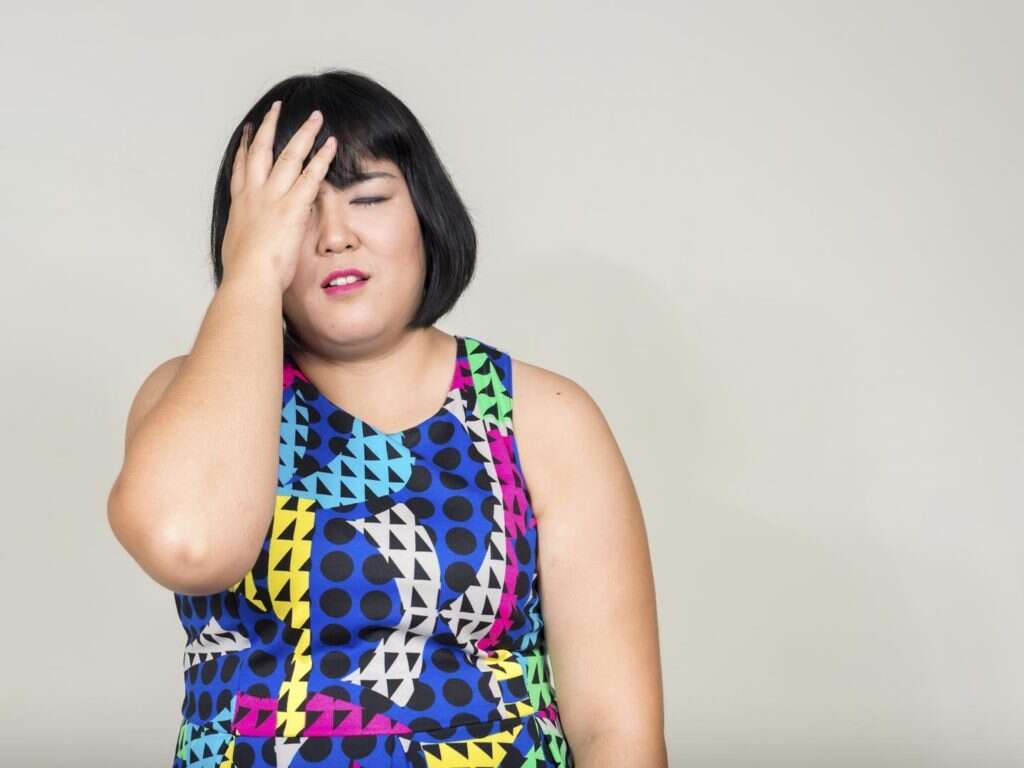
Symptom #7: Constipation
The thyroid hormones are directly involved in the normal functioning of your bowels as well. The normal bowel movements, proper absorption of the nutrients, and proper transit time of the food in the digestive system are related to thyroid hormones.
In cases when hypothyroidism develops, the normal functioning of the gastrointestinal system will be impaired, leading to constipation and other problems. Constipation is often persistent and with the replacement thyroid hormone therapy together with dietary changes should resolve this problem.
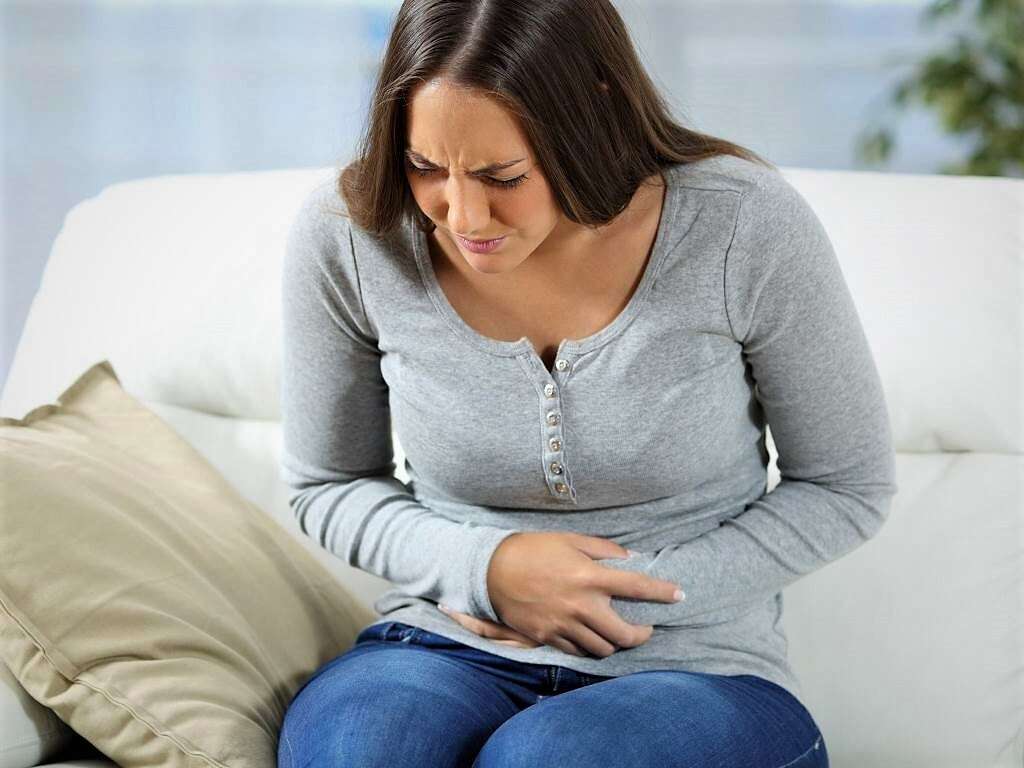
Symptom #8: Abnormal Menstrual Cycles
As mentioned before, women are more likely to suffer from hypothyroidism than men. Menstrual cycle problems are something that women with low levels of thyroid hormones commonly refer because these hormones play an important regulatory role between progesterone and estrogen levels.
Heavy menstrual periods, as well as irregular menstrual periods, are common in cases of hypothyroidism. Fertility problems are also common.
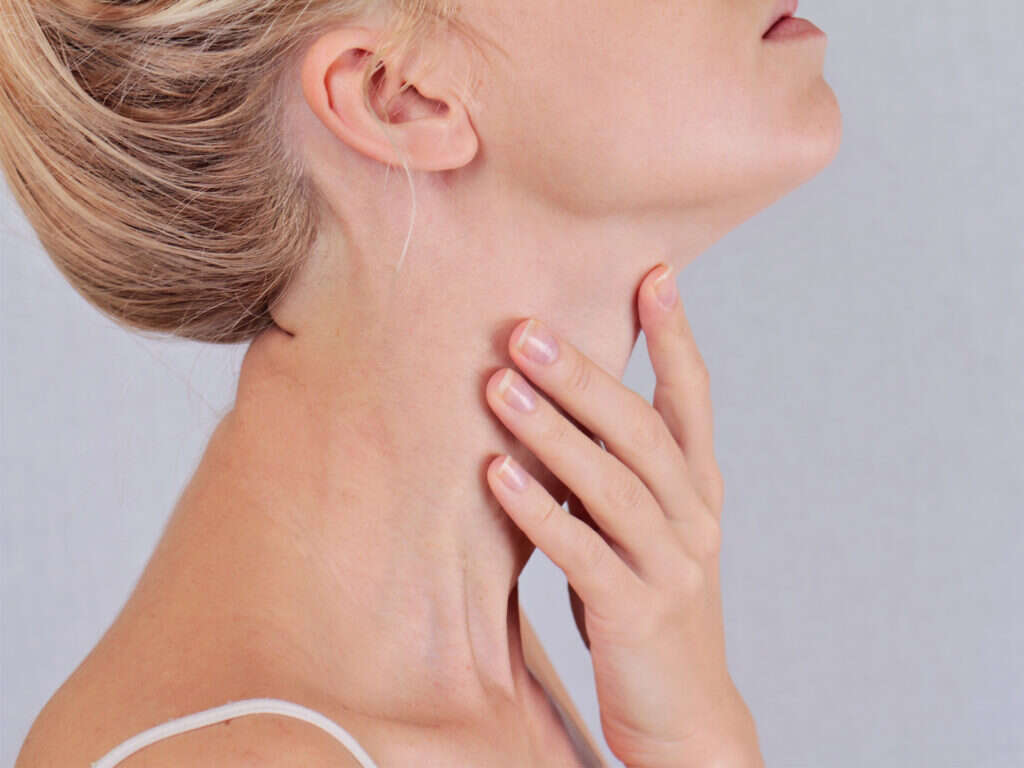
Symptom #9: Decreased Libido
Patients suffering from hypothyroidism can have problems in the bedroom as well. A decreased libido can affect both genders, even though women are most affected. A lack of desire for sex, arousal problems, inability to have an orgasm, painful sexual intercourse, and avoidance are commonly referred.
Hormonal replacement therapy tends to resolve these sexual dysfunction problems, but in some cases even despite replacement therapy, they continue to complain about sexual problems, especially when it comes to arousal problems and decreased libido.

Symptom #10: Mood Changes
Mood changes are another problem that patients with hypothyroidism tend to face. These mood changes may vary from irritability, anxiety, mood swings, and even depression. The exact reason why these mood changes occur is not known.
As all hormones in the body work together to create a balanced environment for proper functioning, a hormonal imbalance will have a great impact on the entire body, including in someone’s mood.




